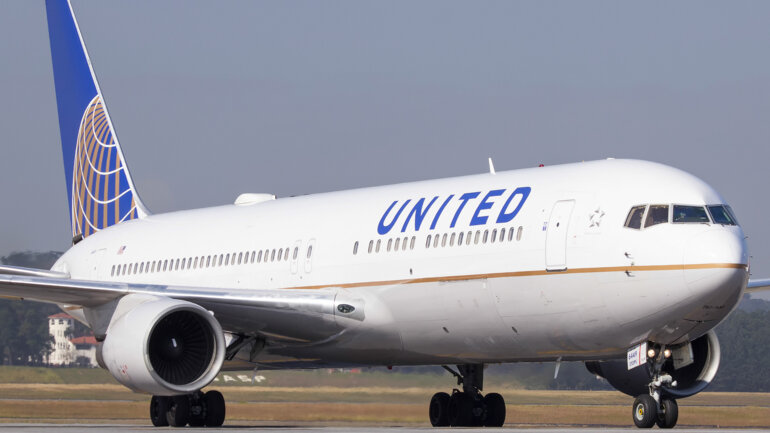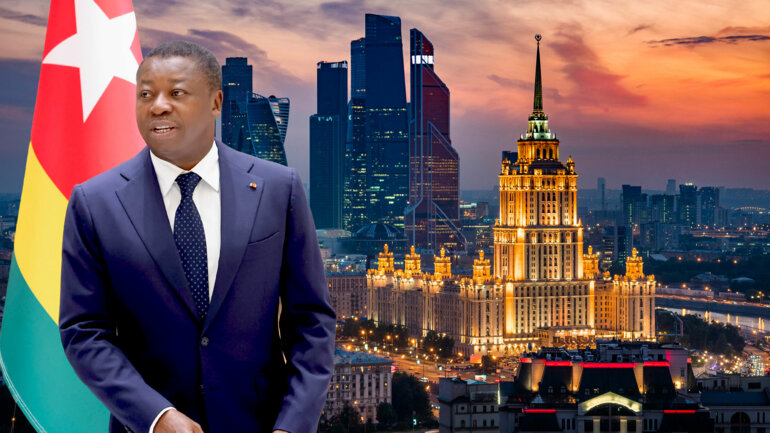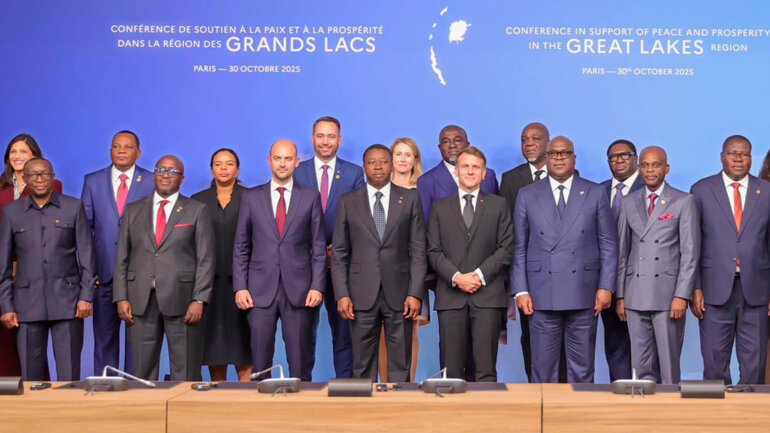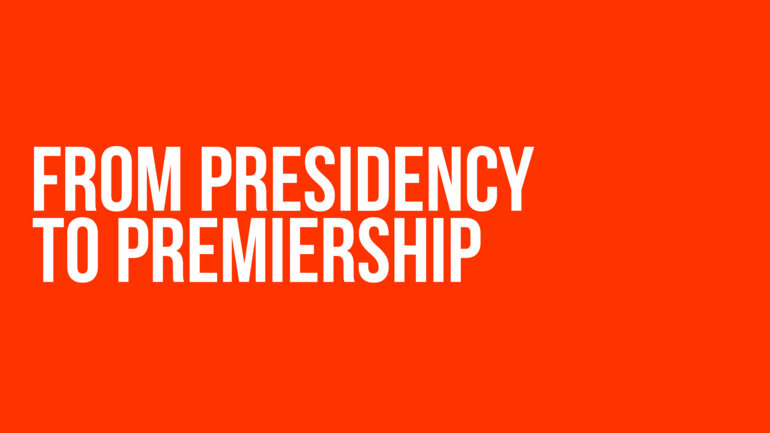
- Diplomatie

The head of West Africa's regional bloc slammed Guinea's military rulers Monday over the "brutal killings of unarmed and defenceless civilians" as ministers met to discuss a response to last month's bloody crackdown on the junta's opponents.
Mohamed Ibn Chambas, head of the Economic Community of West African States (ECOWAS, Benin, Burkina Faso, Ivory Coast, Guinea, Mali, Niger, Senegal and Togo) said the situation in Guinea is "characterised by arbitrary and irresponsible use of state power by the military to repress the population".Chambas was speaking to the opening session of a foriegn ministers' meeting in the Nigerian capital called to discuss the crisis after troops opened fire on a opposition demonstrators at a stadium on September 28, killing dozens.
Rights groups said more than 150 people had been killed, while the government put the toll at 56.
Junta leader Captain Moussa Dadis Camara seized power in December last year after the death of Guinean strongman Lansana Conte, who had ruled the world's top bauxite producer since 1984.
But Chambas told the meeting that Camara's power grab had meant a continuation of the repression the West African country suffered under Conte.
"The consequences of the brutal killing of unarmed and defenceless civilians on 28th September 2009, a historic date for Guinea, was nothing but a continuation of the repression that was prevalent under the regime of the late President Lansana Conte which to all intents and purposes was a military regime in civilian guise," Chambas said.
"The signs are there now that if the military junta has its way it will impose yet another dictatorship on them," he added.
Nigeria's deputy foreign minister Badugu Hirse told the meeting that ECOWAS had been "betrayed" by Camara, "a gentleman that we sat down with and we agreed that he would not contest the elections."
Hirste said ECOWAS had thought Camara could be a "saviour, at least in the interim. But as it is ...he has turned out to be a traitor".
The regional bloc, which appointed Burkina Faso President Blaise Compaore to mediate on the crisis, will consider the "possibility of sanctions," said Hirste.
However, the bloc is unlikely to act without consulting the African Union, which is expected to consider its reponse on Friday when a deadline expires for Camara to provide a written commitment that he will not stand for election.
At a meeting in Brussels last week, the European Union backed away from sanctioning members of the ruling junta believed responsible for the massacre, saying it preferred to let African nations take the lead.
AU chief Jean Ping said: "We're working in tandem with ECOWAS. We need a joint stance with ECOWAS".
Monday's meeting was attended by a delegation from Guinea's opposition, led by ousted prime minister Ahmed Tidiane Souare.
Among the delegation are witnesses to the September 28 massacre, some with bandaged wounds.
"We want the international community to help us isolate and ban completely this junta and to set up a transitional body," said Mamao Dibah Badiko, leader of the opposition United Democratic Forces of Guinea.
Government troops opened fire on a demonstration at a Conakry stadium calling for junta leader Camara not to stand for election.
"More than 200 were killed by the junta," said Souare who led the group of more than 20 political, civil and labour leaders.
The killings began after presidential guard troops arrived in the stadium, but Camara has denied responsibility and declared himself "very, very sorry" for the slaughter.
A post massacre strike called by the labour unions on Monday shut down Guinea's capital as residents stayed at home in protest at the killings, rape and other abuses at the stadium, where more than 1,200 people were injured.
The junta has been strongly condemned by the UN, the AU, the European Union, former colonial power France, the United States and a slew of other countries.





